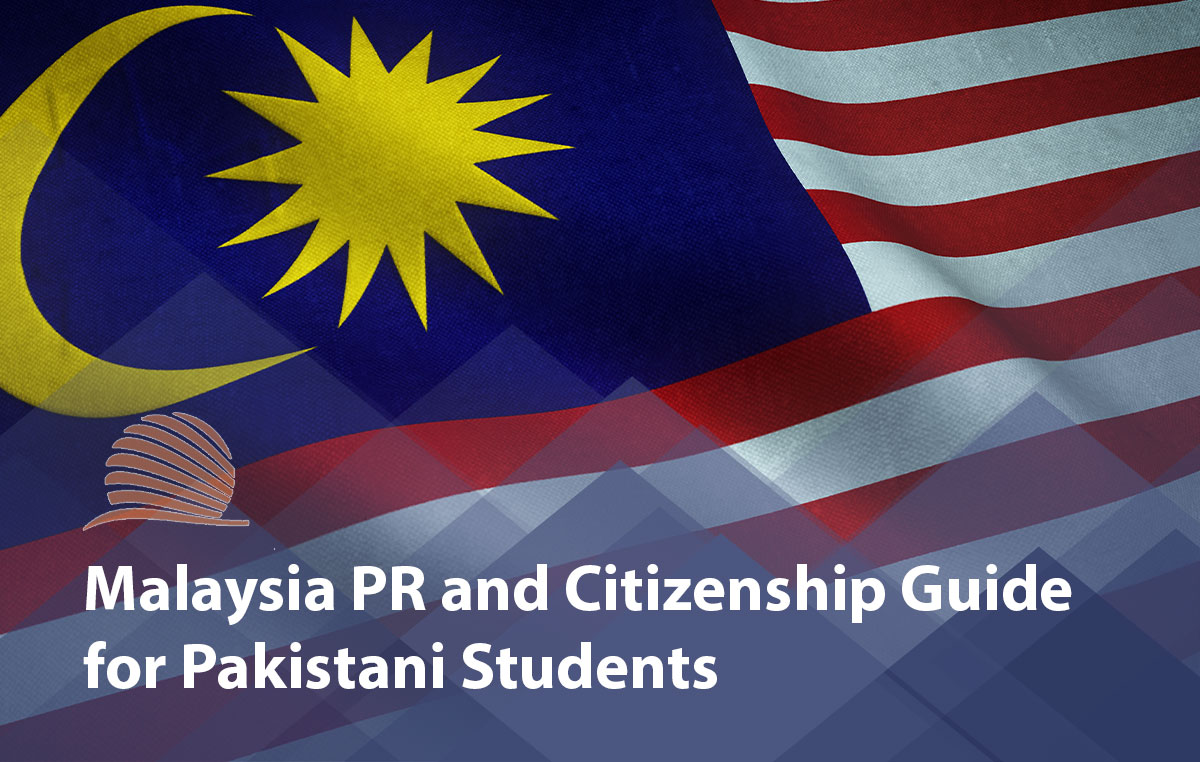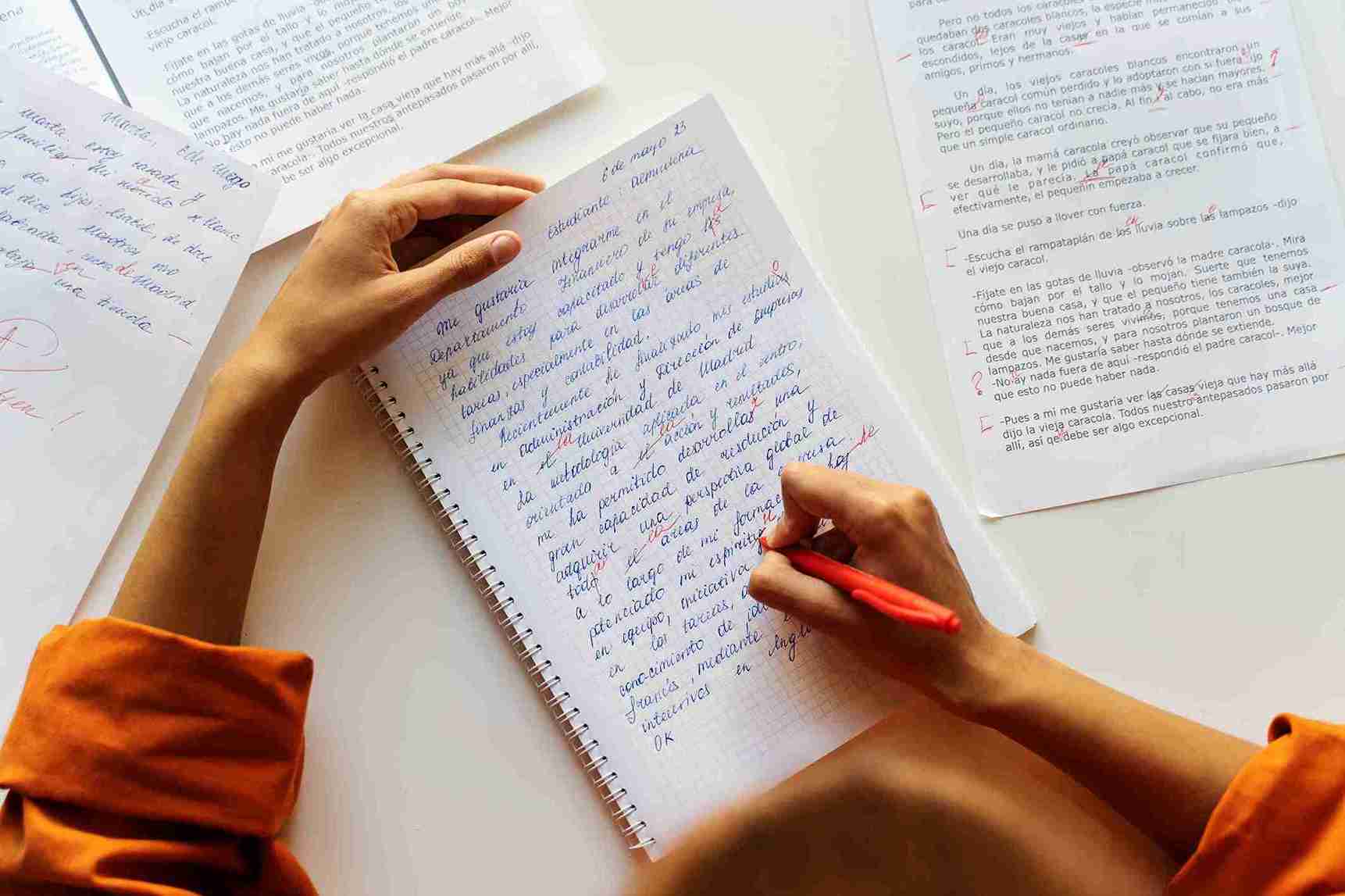Why Pakistani Students Choose Malaysia As Study Destination

Study abroad expert advice
Don't waste time! just fill the form to get help.
PR and Citizenship in Malaysia for Pakistani Students 2025
Many Pakistani students who study in Malaysia fall in love with the country’s peaceful lifestyle, safety, and economic opportunities. After completing their degrees, they often consider staying longer — whether for work, permanent residency (PR), or even citizenship.
Post-Study Opportunities in Malaysia
Malaysia offers a strong job market, especially for graduates in engineering, IT, healthcare, business, and hospitality. The country’s growing economy and strategic location in Southeast Asia attract many multinational companies.
While Malaysia doesn’t automatically grant PR or citizenship to international students after graduation, several legal routes allow Pakistani graduates to extend their stay, gain work experience, and eventually apply for long-term residence.
Post-Study Work Options for Pakistani Students
After completing studies, Pakistani students can apply for employment and stay in Malaysia through specific visa categories.
Visa Type | Description | Duration | Eligibility |
Employment Pass (EP) | For professional jobs with a minimum salary of MYR 3,000–5,000 | 1–5 years | Job offer from a registered company |
Temporary Employment Pass | For short-term or semi-skilled jobs | 6–12 months | Contract or short-term work approval |
Residence Pass-Talent (RP-T) | For highly skilled professionals | Up to 10 years | Endorsed by TalentCorp Malaysia |
Malaysia My Second Home (MM2H) | For long-term non-working residents | 10 years (renewable) | Financial requirements apply |
These options allow Pakistani graduates to gain work experience or settle with stability before applying for PR.
Understanding Permanent Residency (PR) in Malaysia
Permanent Residency in Malaysia provides long-term residence rights and is one step below full citizenship. PR holders can live, work, and study in Malaysia indefinitely, without renewing their visa every few years.
However, the PR process in Malaysia is strict and selective. Unlike countries such as Canada or Australia, Malaysia doesn’t have a points-based immigration system. Instead, PR is granted on a case-by-case basis by the Immigration Department of Malaysia.
Categories Eligible for Permanent Residency
Pakistani citizens may apply for PR in Malaysia through one of the following categories:
PR Category | Eligibility Criteria | Residency Duration Required |
Investor | Minimum fixed deposit of MYR 2 million in a Malaysian bank for 5 years | 5 years |
Expert / Professional | Highly qualified professionals with recognized contributions to Malaysia | 3–10 years |
Spouse of a Malaysian Citizen | Married to a Malaysian for at least 10 years | 10 years |
Point-Based Application (Exceptional Talent) | Individuals with outstanding achievements in science, business, or culture | Variable |
High-Earning Individuals | Long-term employment in Malaysia with proof of continuous income | 10 years |
The most feasible route for Pakistani graduates is through employment-based or professional expertise, especially if they work in critical skill sectors.
PR Application Requirements
To apply for PR in Malaysia, applicants generally need to provide the following documents:
- Valid passport and long-term visa copies
- Employment or business verification letters
- Proof of continuous stay in Malaysia
- Bank statements or proof of financial stability
- Good conduct certificate from Pakistan and Malaysian police
- Health certificate and medical examination results
- Tax payment proof (if employed in Malaysia)
Applications are submitted through the Immigration Department headquarters in Putrajaya. Processing may take 2–5 years, depending on category and background.
Citizenship Pathways in Malaysia
Obtaining Malaysian citizenship as a foreign national, including for Pakistani students, is extremely difficult. Malaysia does not offer automatic citizenship through education or employment.
Citizenship may be granted under limited circumstances:
- Naturalization: After living legally in Malaysia for more than 10 years, demonstrating integration and fluency in Bahasa Malaysia.
- Marriage: Foreign spouses of Malaysian citizens can apply after 10 years of marriage and residence.
- Exceptional Contribution: Individuals who have significantly benefited Malaysia economically or socially.
Dual nationality is not permitted, meaning you must renounce Pakistani citizenship to obtain Malaysian citizenship — a major reason most Pakistani graduates choose to stay under PR or long-term work permits instead.
Malaysia My Second Home (MM2H) Program
The MM2H program is a popular option for Pakistani professionals or graduates who wish to live in Malaysia long-term without permanent residency.
Benefits include:
- 10-year renewable visa
- Permission to buy property (with conditions)
- Dependents (spouse and children) can join
- No local sponsorship required
Requirements (as of 2025):
- Minimum fixed deposit of MYR 1 million
- Monthly offshore income of at least MYR 40,000
- Good health and clean criminal record
Although designed mainly for retirees or wealthy individuals, it’s also suitable for professionals planning to live in Malaysia with stability and comfort.
Conclusion
While Malaysia doesn’t provide an automatic PR or citizenship route for Pakistani students, it offers clear and attainable pathways through work experience, expertise, or long-term residence. Graduates who contribute to Malaysia’s economy and follow immigration laws have real opportunities to secure permanent residency over time.
For Pakistani students planning a future in Malaysia, the key is to start early — build a strong professional portfolio, stay compliant with visa regulations, and integrate into local society. With dedication and patience, a long-term life in Malaysia is not just possible but rewarding.









_11zon (1).jpg)



.jpg)
